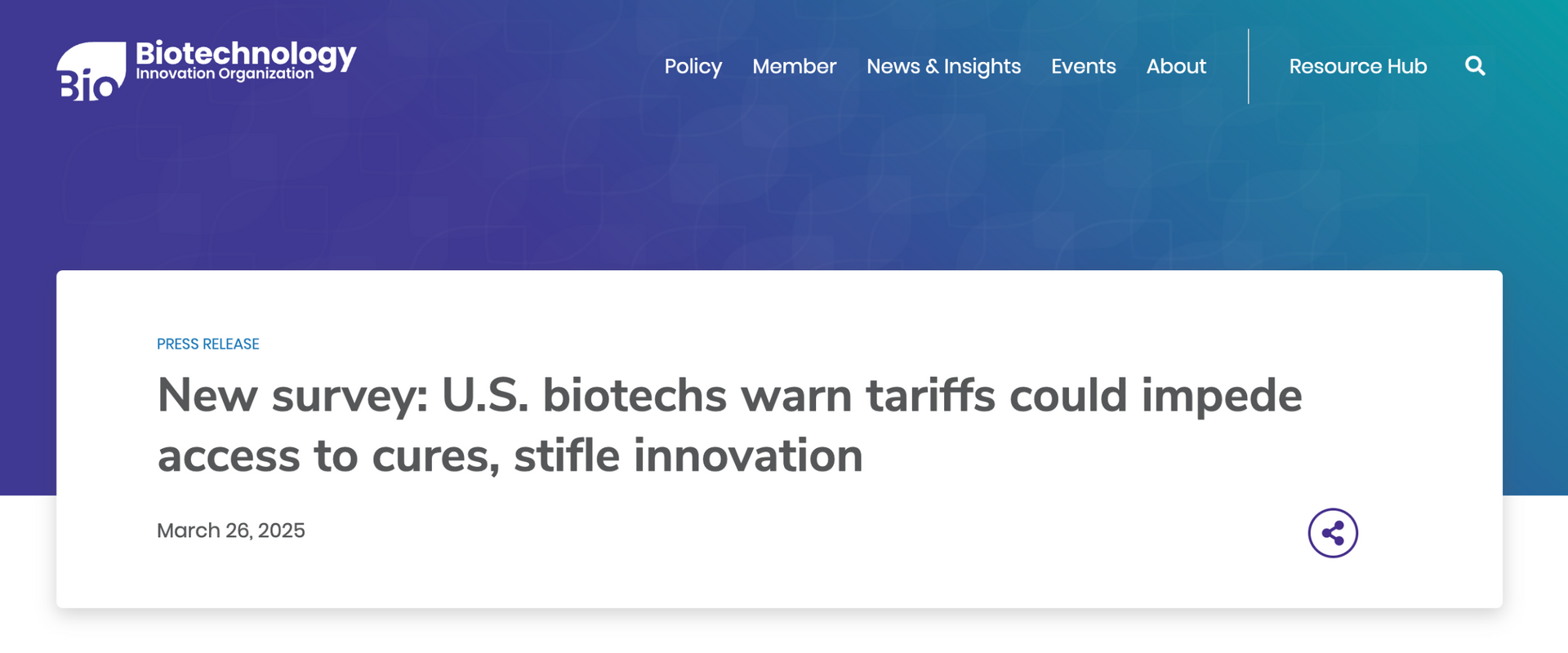March GBG Report Highlights for MichBio Members
Unlock 105 Non-Dilutive Funding Opportunities with This Month's GBG Report

This month’s GBG report offers a wealth of insight into the latest government funding landscape, featuring 105 non-dilutive opportunities, notices of special interest, and other chances to advance your work. Whether you’re a small business, a researcher, or part of a biotech organization, these opportunities could be vital in supporting your innovative projects.
Don’t Miss the GBG Monthly Webinar
Mark your calendars for Thursday, March 20, 2025, and join G2G’s Monthly GBG Reporting Service Webinar. This informative session includes two segments tailored to your needs:
- 12-12:30 pm ET: Free and open to all, covering the latest developments in non-dilutive funding.
- 12:30-1 pm ET: Exclusive premium service for MichBio members, providing a consultation with G2G’s experts. This segment includes new private consultation features designed to boost your funding strategy.
Navigating Ongoing Developments in Washington, DC
The funding landscape remains dynamic, with federal government priorities shifting under new executive orders. While some programs have been scaled back at institutions like the NIH, G2G continues to uncover actionable opportunities for the community. Contact
Aditya Girish for deeper insights or assistance.
Highlights from the Report
The GBG report covers several standout funding opportunities across various fields, detailing the types of projects currently prioritized by agencies such as BARDA, DTRA, and PCORI. Here are some key highlights:
- Biotechnology & Biomanufacturing: Advanced clinical testing of single-dose vaccines and improved manufacturing methods.
- Cognitive and Brain Health: NIH Notice of Special Interest (NOSI) focusing on digital technologies that detect early changes in individuals at risk of Alzheimer’s Disease and related dementias.
- Medical Countermeasures: DTRA seeks projects in tissue regeneration, broad-spectrum countermeasures, and chemical defense.
- Rare Disease Research: PCORI funding for comparative effectiveness research in symptom management and care delivery.
- Small Business Development: DoD programs, including SBIRs, target small businesses advancing medical R&D, regulatory processes, and translational science.
Additional Opportunities to Note
Outside of the main report, the ISS National Lab is seeking proposals for STEM education and workforce development projects that leverage space-based research to engage post-secondary students, K-12 students, and educators.
March 2025 Report Highlights by Category
The report provides detailed opportunities across a range of fields, including but not limited to the following categories and topics:
- Cancer (24 opportunities)
- Cognitive and Brain Health (7 opportunities)
- Rare Diseases (1 opportunity)
- Small Business Development (7 opportunities)
- Women’s Health (2 opportunities)
With additional recurring opportunities listed for agencies such as the Advanced Research Projects Agency for Health (ARPA-H), DARPA, and BARDA, this report is packed with actionable information to help you secure funding.
Take Action Now
For a comprehensive breakdown of all 105 funding opportunities, as well as detailed insights and guidance, access the full report available exclusively to MichBio members. With funding opportunities evolving rapidly, now is the time to position your work for success.
Unlock more opportunities and gain expert tips by accessing the full report today.
RECENT ARTICLES




